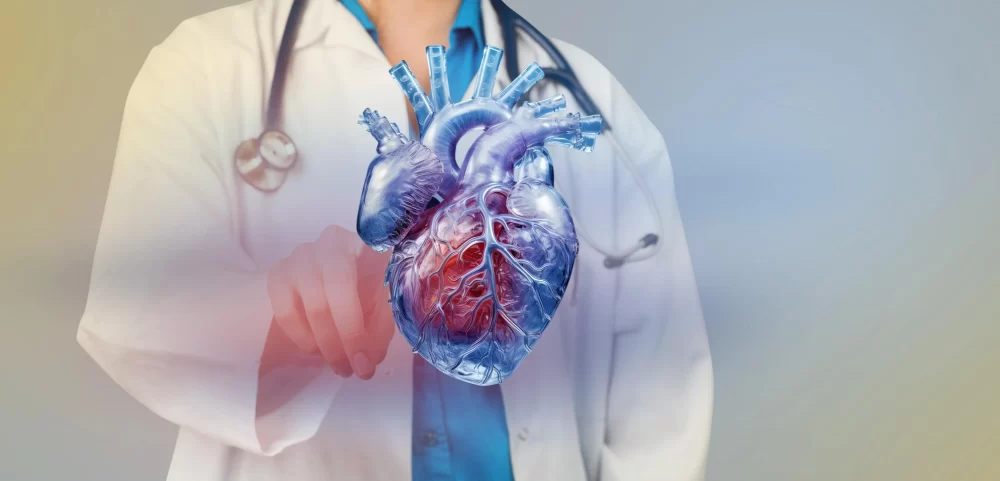Non-Invasive Cardiology Treatments for Heart Health
- Introduction to Non-Invasive Cardiology Treatments
- What Are Non-Invasive Treatments for Heart Health?
- Common Non-Invasive Heart Health Treatments
- How Non-Invasive Treatments Benefit Heart Health
- Real-Life Success Stories with Non-Invasive Cardiology
- Conclusion: Exploring Non-Invasive Options for Heart Health
Non-invasive cardiology treatments have revolutionized the way we approach heart health. These procedures are designed to treat heart conditions without requiring surgery or major incisions, offering a safer and often less painful alternative for patients. In this article, we will explore the most effective non-invasive treatments available today, how they benefit heart health, and real-life success stories that demonstrate their effectiveness.
Non-invasive treatments for heart health involve procedures and therapies that do not require physical entry into the body, unlike traditional surgical methods. These treatments are performed through the skin, often using imaging technologies, and focus on improving heart function, diagnosing issues, or monitoring progress. They are highly valued for their ability to provide results with minimal downtime, quicker recovery, and fewer risks compared to invasive surgery.
Some common non-invasive cardiology treatments include:
- Echocardiography: This ultrasound imaging technique helps assess heart function and structure without the need for surgery or insertion of instruments.
- Stress Testing: Stress tests, including treadmill tests and stress echocardiograms, evaluate heart performance under physical strain, helping doctors detect potential cardiovascular problems early.
- Cardiac CT and MRI: These imaging technologies provide detailed images of the heart’s structures and blood vessels, helping identify blockages or abnormalities without any surgical intervention.
- Heart Monitors: Wearable devices, such as Holter monitors, continuously track heart rhythms and alert doctors to irregularities, enabling real-time heart health monitoring.
Non-invasive cardiology treatments offer numerous benefits for heart health. First and foremost, these treatments are much less invasive, meaning there’s a lower risk of complications and faster recovery times. Non-invasive diagnostics can often catch heart problems early, preventing more serious conditions from developing. For example, an early echocardiogram can identify heart valve issues or poor blood flow, which can be addressed before they become more severe.
Moreover, non-invasive treatments like cardiac CT scans or MRIs offer a detailed look at heart conditions, aiding in precise diagnosis and personalized treatment plans. These methods are typically more comfortable than invasive procedures, making them suitable for a wide range of patients, including those who are older or have underlying health conditions.
There are countless success stories from patients who have benefited from non-invasive cardiology treatments. One such case is that of a 60-year-old man who was diagnosed with early-stage heart disease through a non-invasive stress test. Thanks to the early detection, his doctors were able to prescribe lifestyle changes and medications that improved his heart function without the need for surgery. His heart health significantly improved within six months, and he avoided the more invasive options that could have led to a lengthy recovery period.
Another inspiring story involves a woman in her 50s who underwent a cardiac MRI after experiencing chest discomfort. The MRI revealed a blockage that was previously undetectable through other methods. With this information, she was able to receive timely treatment and avoid a potential heart attack.
If you are looking for non-invasive cardiology treatments to improve or monitor your heart health, it’s essential to consult with a qualified healthcare provider. Non-invasive treatments are safe, effective, and less risky than many traditional surgeries, providing patients with peace of mind and faster recovery times. For more information about these treatments or to explore personalized care options, visit Cardiovascular & Heart Care today for expert guidance and the latest heart health products.





















